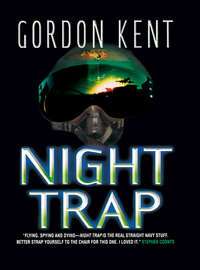The Spoils of War

Полная версия
The Spoils of War
Жанр: приключениядетективызарубежные приключениякниги о войнесовременная зарубежная литератураполицейские детективыкниги о приключенияхсерьезное чтениеоб истории серьезно
Язык: Английский
Год издания: 2018
Добавлена:
Настройки чтения
Размер шрифта
Высота строк
Поля
Конец ознакомительного фрагмента
Купить и скачать всю книгу






